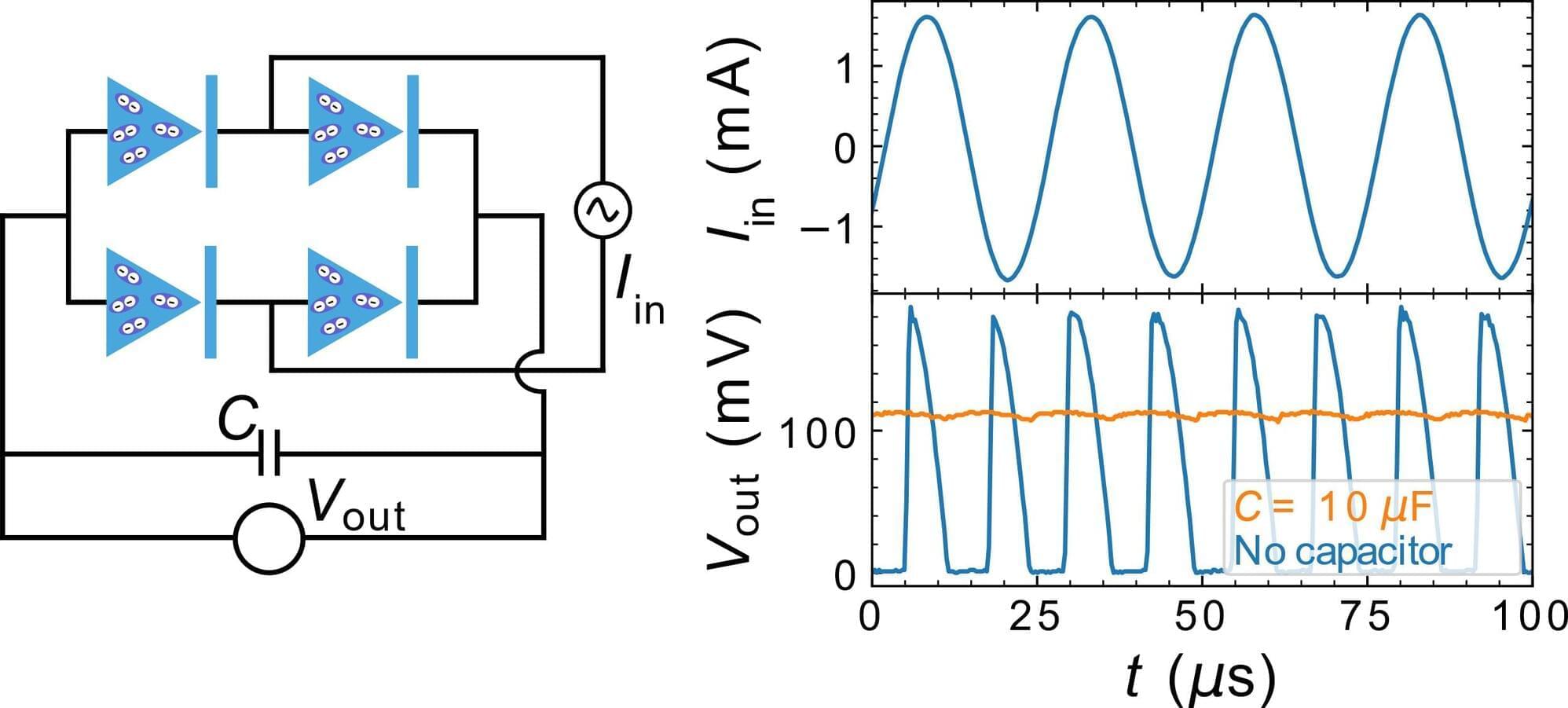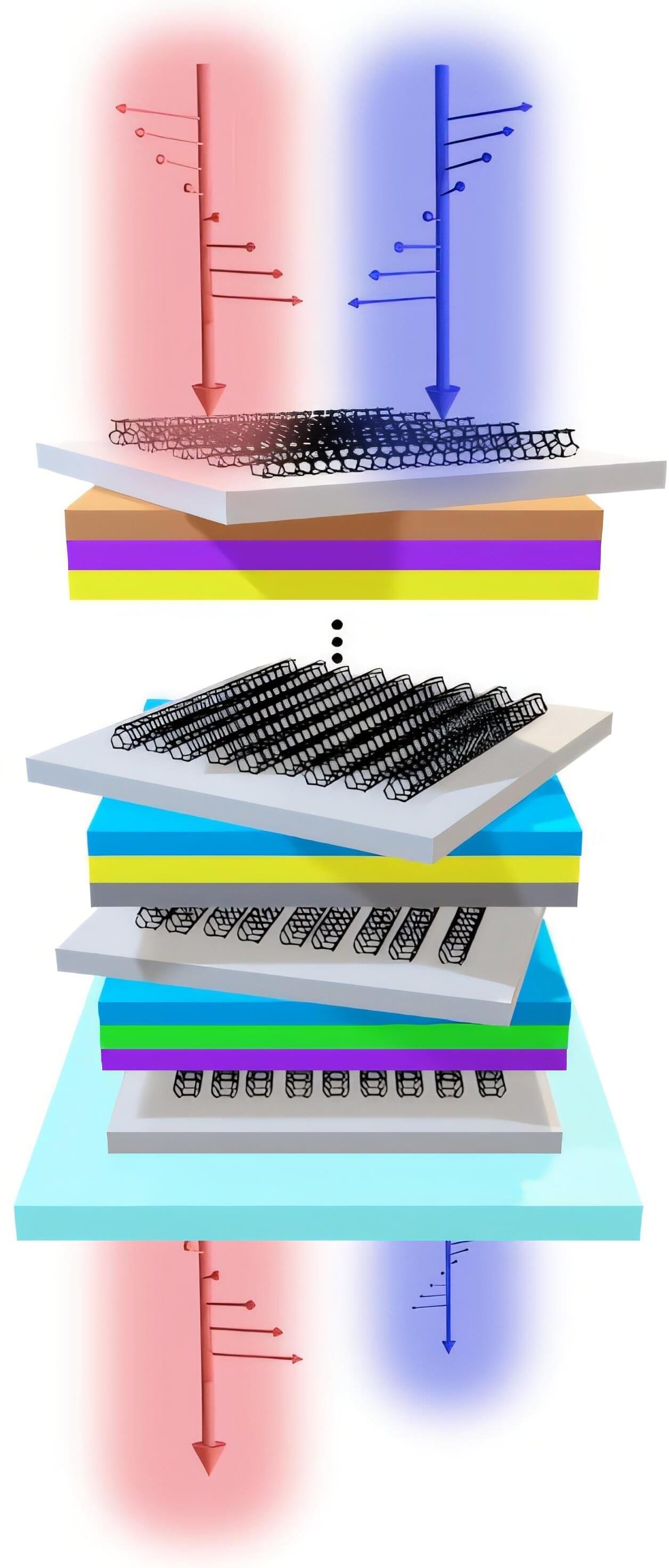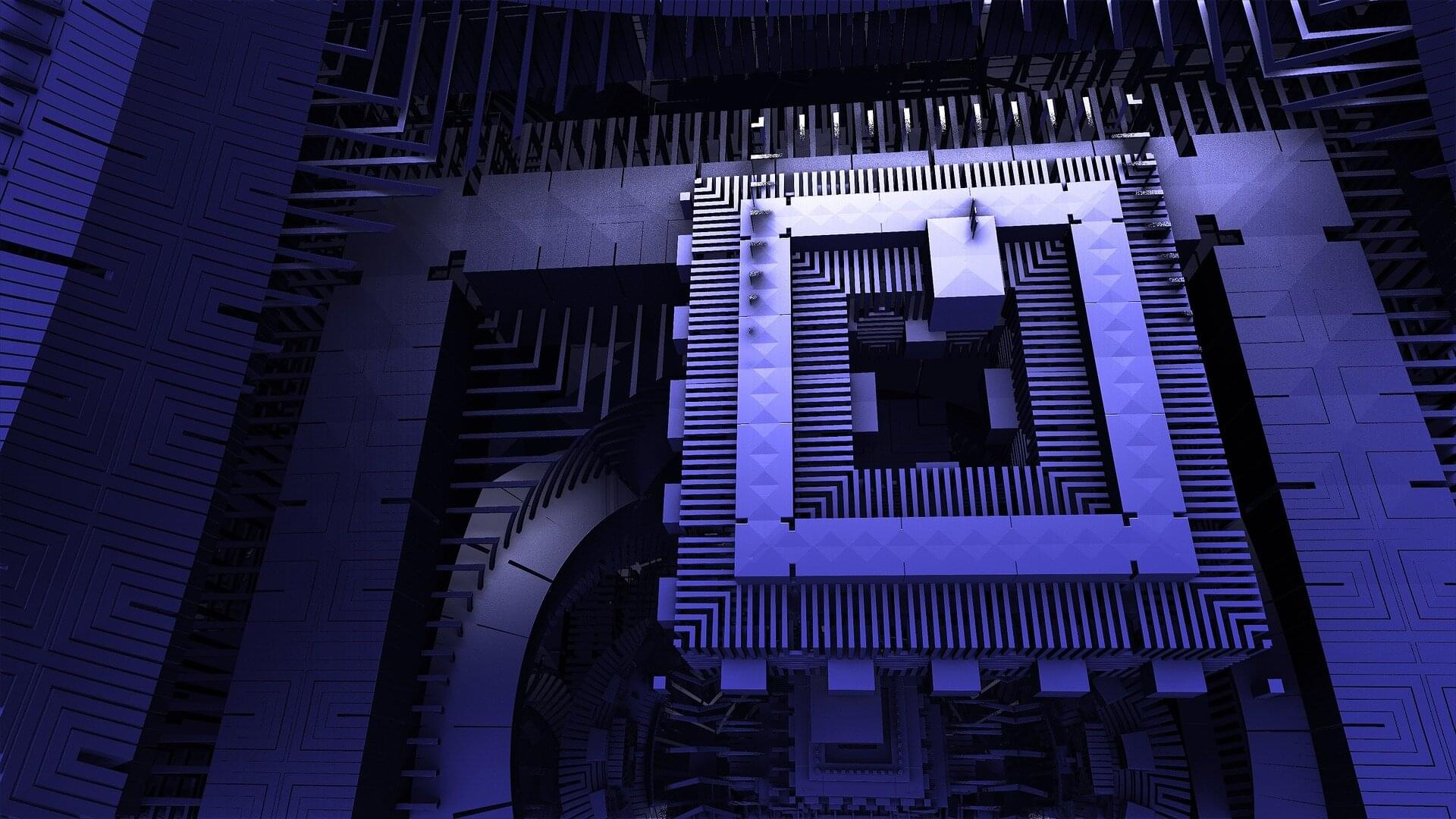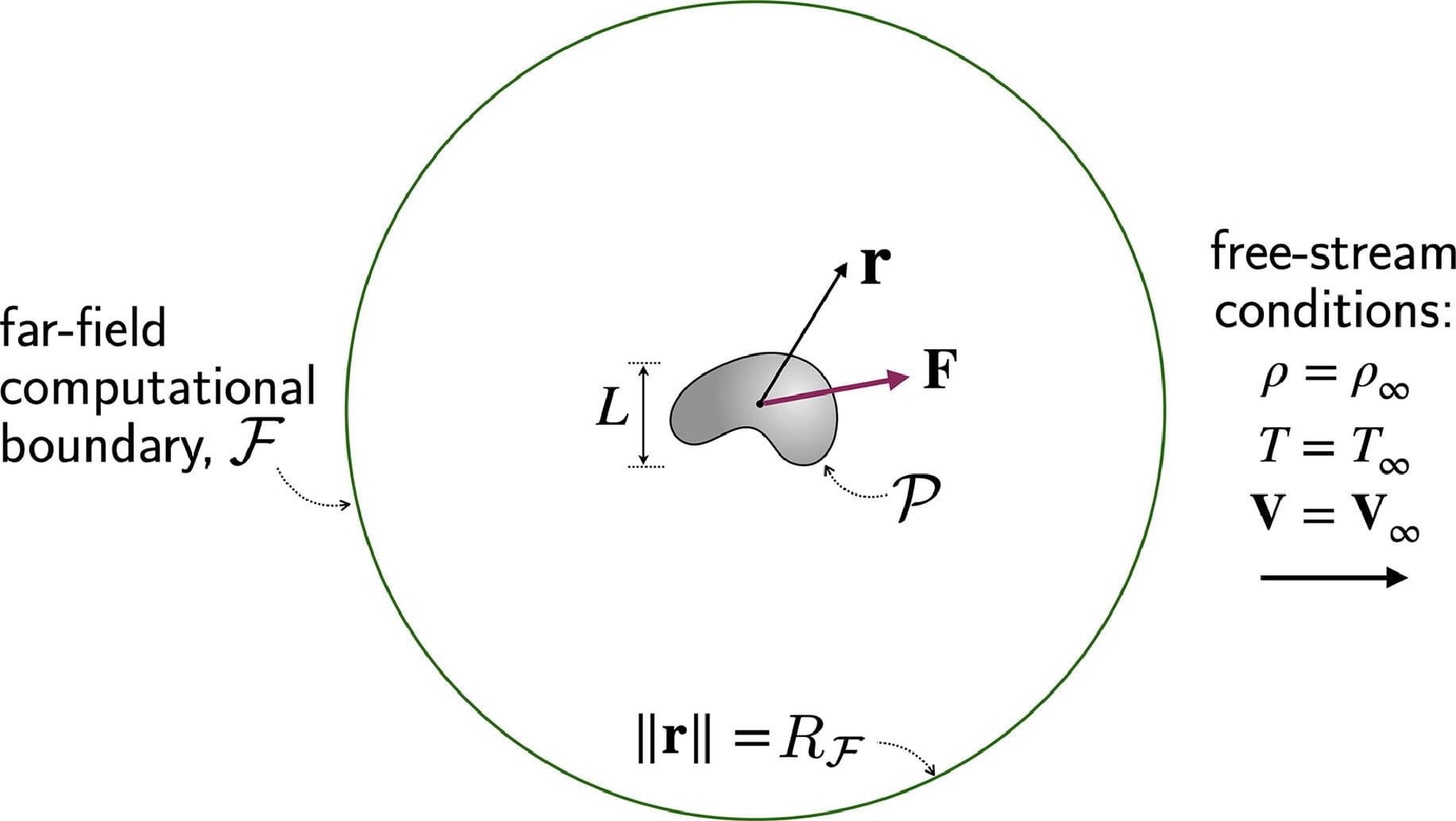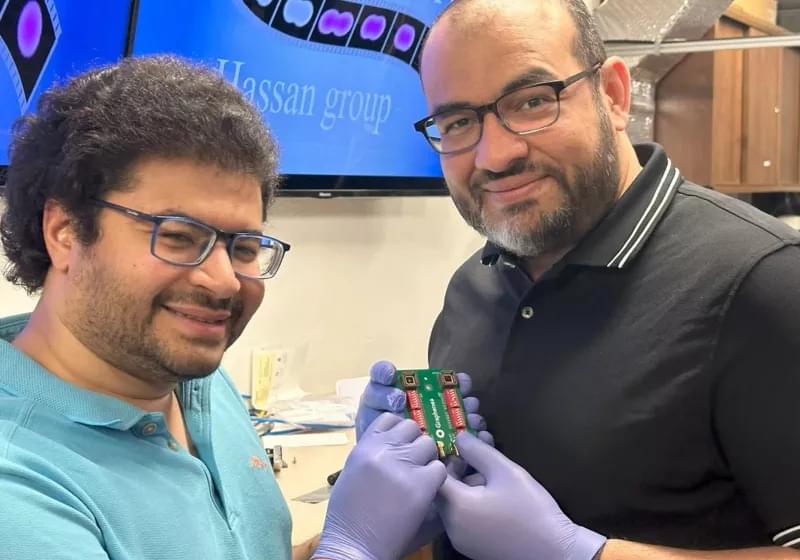American scientists plan to implement a project to test quantum communication in free space. Using lasers, they want to launch qubits over the Long Island Sound.
It is noted, that three laser beams from the telescope on top of the Kline Tower on the Yale University campus will be directed across the Long Island Sound at a distance of nearly 43.5 km and captured on the opposite side by a similar telescope on the roof of the University Hospital Stony Brook.
The goal of the Quantum Laser Across the Sound project is to expand the ability to send and receive quantum information and demonstrating the potential for possible future quantum computing infrastructures. The telescope on top of the Kline Tower will send entangled photons 43.4 km across the Long Island Sound.

